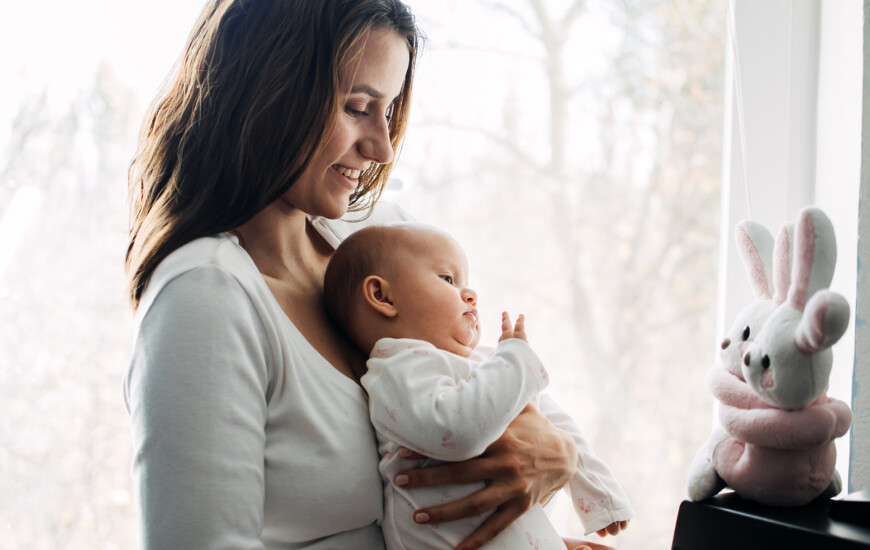World Maternal Mental Health Day: The Coombe Hospital advises mothers to seek support if experiencing mental health issues
Padraig Conlon 07 May 2025
The Coombe Hospital has today urged mothers to seek help and support if experiencing mental health issues in pregnancy or postpartum.
The call has been issued to mark ‘World Maternal Mental Health Day’, which takes place today, May 7, with the theme ‘Let’s connect’.
The Coombe’s Specialist Perinatal Mental Health team has advised mothers that it is important to look after their mental health during the perinatal period.
The advice comes as research shows that up to 1 in 5 women will experience a mental health issue in pregnancy or in the first year after birth.
Those who have experienced a mental health issue in the past may be more vulnerable but perinatal mental health difficulties can happen to anyone.
The Coombe has a dedicated team of perinatal mental health specialists that support new Mums, so they can have the best possible experience of pregnancy and post birth.
The specialist team works with mums with moderate to severe mental health difficulties while support for women with mild difficulties is available in the community from their Public Health Nurse or GP.
The unique aspect of perinatal mental health issues is their potential to affect the relationship between mum and baby with possible adverse consequences for both into the long term.
Early intervention is key to protecting the budding relationship between mum and baby.
Dr Sabrina Coyle, Senior Clinical Psychologist at The Coombe, underlines the importance of connection for mums of new babies: “Perinatal mental health refers to mental health in pregnancy and the first 12 months postpartum. It is during the perinatal period that women are at their highest lifetime risk of experiencing a mental health difficulty.
“Up to 80% of new mums will experience mental health issues, sometimes referred to as ‘baby blues’, in the days after birth, which can manifest as feeling low, anxious and irritable, and crying easily. This usually ends when baby is about 10 days old.
“However, if these feelings continue for longer than two weeks, I recommend that new mums talk with their GP, Midwife or Public Health Nurse to seek additional supports.
“Stigma can often represent a significant barrier to women accessing services. Don’t be afraid to talk.
“Experiencing mental health difficulties during this time is very common and with the right support, you and your baby can get off to the best start together.
“It’s really important to reach out and connect with family, friends and other mums of new babies. This can be really nurturing and protective for you and your baby.”











